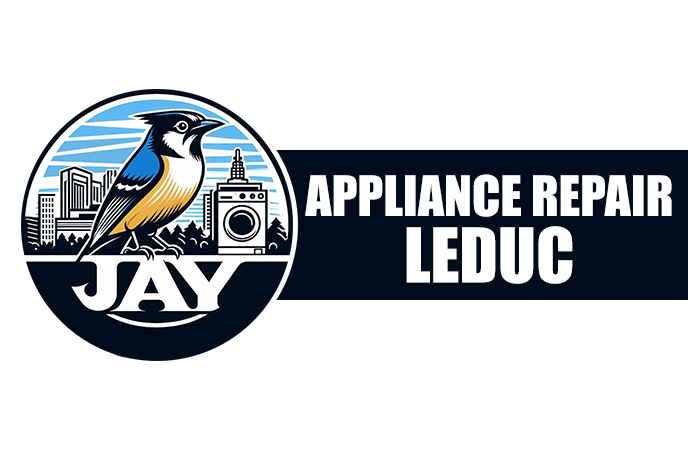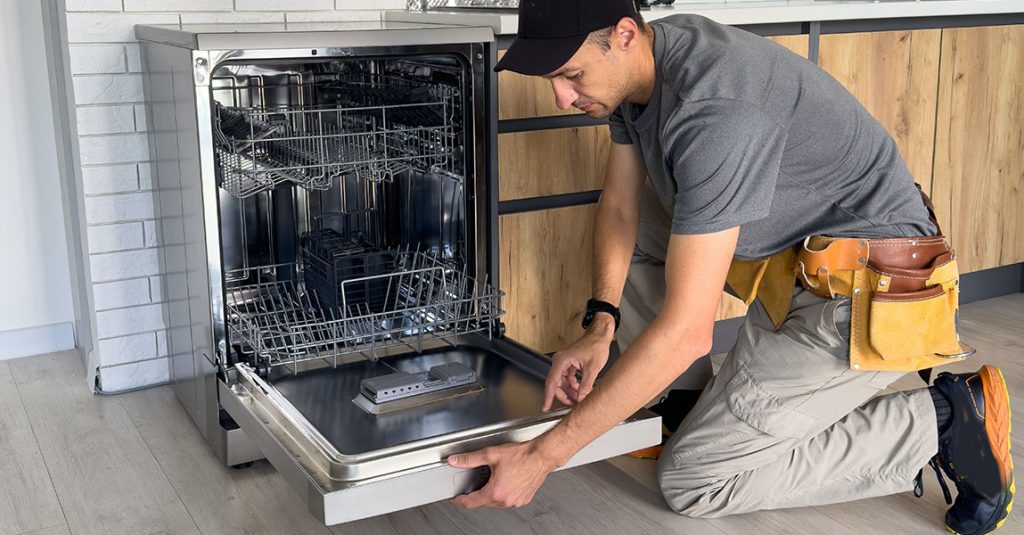When our appliances work smoothly, we rarely think about the parts inside them. But the moment we hear an odd humming sound, it grabs our attention. A pump motor that hums can be a clear sign of a developing issue. Understanding why these noises happen helps us react before a small problem turns into a costly failure.
What Humming Sounds Often Mean
Sometimes the hum is caused by electricity flowing through the motor windings. That can be normal, but if the noise is louder than usual or constant, something may be wrong. Motors that hum often face resistance inside, such as worn bearings or blocked impellers. In other cases, electrical problems cause the motor to vibrate and create a low buzz.
We should listen for patterns. A steady hum that appears every cycle could mean the motor is struggling to start. A louder hum while the appliance is running might signal friction building up inside. Knowing these differences helps us understand the source before more damage occurs.
Common Causes of Pump Motor Humming
Debris can block the motor’s impeller, forcing it to work harder. Even small food particles in a dishwasher or lint in a washing machine can limit movement and create humming. Worn bearings are another cause. When they lose lubrication, the motor strains to spin, producing that sound.
Electrical issues are also common. Loose wiring, faulty start capacitors, or failing windings make the motor hum instead of turning smoothly. When these parts weaken, the motor draws extra power, which leads to overheating and potential burnout. Recognizing these early signs saves time and prevents breakdowns.
How to Check for Basic Issues
We can safely check a few things before calling for help. First, unplug the appliance and inspect for visible blockages around the pump area. Remove lint, food, or dirt buildup that may be pressing against the motor. Next, gently spin the pump impeller by hand if it is accessible. If it feels stuck or rough, the bearings may be worn.
It also helps to notice when the hum occurs. Does it happen when the cycle starts, or throughout the wash? These details give useful clues. However, if we smell burning or feel the motor overheating, we should stop testing and avoid further risk.
Why Ignoring the Noise Can Be Risky
Leaving a humming pump unchecked can shorten the motor’s life. Friction generates heat, which damages insulation on wires and melts key components. This can create a fire hazard in extreme cases. Continuous humming also puts strain on other connected parts, leading to more repairs.
Ignoring the problem can also waste energy. A motor that struggles uses more power than it should, increasing monthly bills. By paying attention to humming early, we protect both our appliances and our safety.
Appliances Most Affected by Motor Humming
Dishwashers often develop humming sounds when the circulation pump becomes clogged or when bearings wear out. Washing machines can hum if their drain pump struggles with lint buildup or foreign objects. Refrigerators also use small motors that may hum when circulation fans or drain pumps weaken.
Each of these machines relies on smooth water or air movement. When that flow meets resistance, the pump motor becomes the weakest point. Listening closely to these everyday appliances allows us to catch changes early and plan proper fixes.
Signs It Is Time for Professional Support
We can manage small cleanups, but when the hum continues even after removing debris, it is time to call a technician. Strange vibrations, heat buildup, or humming combined with poor performance are strong warning signs. Motors are delicate, and opening them without training often does more harm than good.
Our team has seen cases where homeowners replaced parts blindly, only to discover the real problem was electrical. This not only wasted money but also risked damage to the machine. It is always safer to let trained hands handle complex pump motor repairs. For local help, the right step is reaching out for appliance repair in Leduc.
Tips to Prevent Pump Motor Noise
Prevention starts with keeping filters and drains clear. Cleaning the dishwasher filter regularly, emptying washing machine lint traps, and checking refrigerator drains reduce stress on pump motors. Using appliances as intended also matters. Overloading machines or running cycles with poor water flow often leads to unnecessary strain.
It is also wise to schedule occasional inspections. Catching small leaks or worn parts before they worsen keeps motors running quietly. Simple habits, like listening carefully during normal cycles, help us spot changes before they escalate.
Special Focus on Dishwashers
Dishwashers are a frequent source of humming complaints. Food particles left in filters slip into the circulation pump, jamming it. When this happens, the motor hums while trying to spin. If the noise continues after cleaning, worn seals or electrical parts may be to blame.
Our team has worked on many cases where dishwasher motors hummed quietly for months before failing. A timely checkup would have saved customers both stress and money. If a dishwasher hums constantly, it is worth exploring professional dishwasher repair in Leduc.
When Humming Leads to Complete Failure
Not every motor survives once the humming begins. Prolonged strain often burns the windings inside. At this point, the motor stops completely. Replacement becomes the only option. In some appliances, replacing the motor costs nearly as much as a new machine, making the decision harder.
This is why early attention matters so much. Once the motor reaches failure, our options are limited. Acting quickly while the hum is only a symptom offers the best chance of repair and longer appliance life.
Energy and Safety Considerations
A humming motor usually runs less efficiently. We may notice higher energy bills when the machine struggles. Heat from this strain can also melt insulation or damage nearby parts. While the risk of fire is not high in every case, it remains a concern we cannot ignore.
Our households rely on safe, dependable machines. Protecting that safety means responding quickly to unusual noises. Motors that hum constantly rarely fix themselves, and the risk grows the longer we delay.
What We Can Do Right Now
If we notice humming today, the first action is cleaning and inspecting filters. Removing lint, food scraps, and mineral buildup gives the motor a chance to breathe. If the noise remains, documenting when it occurs helps technicians pinpoint the problem faster.
For those ready to take the next step, the best choice is reaching out through contact us. Getting expert help sooner rather than later prevents surprises and restores confidence in our appliances.
FAQ
Why does my dishwasher hum but not spray water?
This usually happens when the circulation pump is clogged or the motor bearings are worn. Cleaning the filter sometimes solves it, but a technician may need to replace parts.
Is it safe to keep using an appliance if the motor hums?
It is not recommended. Continued use can lead to overheating, wasted energy, or complete failure of the motor.
Can I lubricate a humming motor myself?
Most modern pump motors are sealed and cannot be lubricated at home. Attempting to open them without training may cause damage.
What appliances have pump motors that hum?
Dishwashers, washing machines, refrigerators, and even some ice makers all use small pump motors that may hum when failing.
How can I tell if it is an electrical problem instead of a blockage?
If the hum is steady with no movement or if breakers trip during use, it is often electrical. Blockages usually cause grinding or irregular humming with reduced performance.

